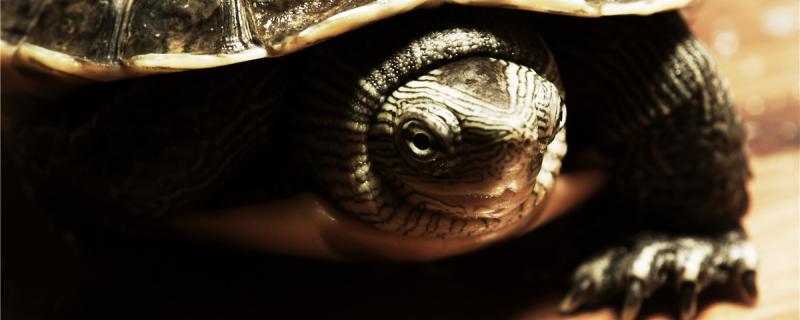 1. What about tortoise peeling
1. What about tortoise peeling Turtle peeling doesn't need to do anything, just wait for it to peel off by itself. Never try to help it finish peeling. If it is not handled well, it will easily hurt its skin, which is harmful to its health. After discovering its peeling, pay attention to cleaning at ordinary times, and take away its peeling skin in time to avoid polluting water quality. In addition, some more nutritious foods can be prepared when feeding, so that it can develop and grow better.
2. How to distinguish peeling and rotting skin of tortoise1. Different colors: The most obvious difference between peeling and rotting skin is color. If it is peeling, the color of the turtle's skin is white and translucent. The rotten skin is not, because it is rotten skin, it is often opaque white, some even yellow, and there will be blood on it.
2. Different morphology: The difference can also be found between the peeled skin and the decayed skin. Peeling is usually shaped, and it will have the original texture of skin. If it is not in water, it will often be very dry. The rotten skin is rotten and has no fixed shape.
3. Different smells: The best way to distinguish peeling and rotting skin is to smell it. Peeling may have bad smell, but it is the smell of turtle itself, which is easy to distinguish. Rotten skin is different, it will give off a rotten smell, which smells bad.